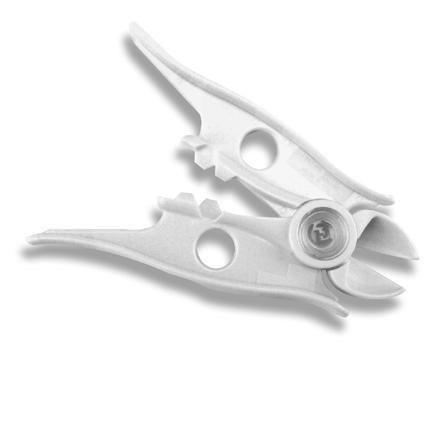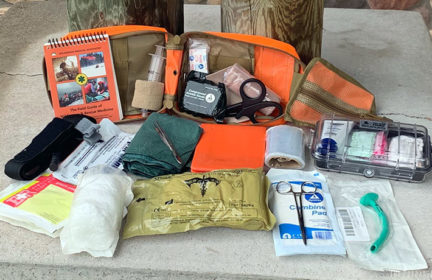Stocking a pet first aid kit with meds
Hi Prepping Friends,
I have a tiny bit of spare time to give to prepping today, and I decided to go through my dog’s first aid kit and make a “DFAK” kit in kit builder. (Inspiration: I got a tick a couple of weeks ago, which my friend successfully removed with her intense survival knife, and while her ability to do that without leaving any tick head parts in my leg or making me bleed was impressive, it was pretty stressful for both of us, and I felt dumb when I realized later that I had a purpose-built item in my DFAK… and when you don’t remember what preps you have, odds are good your memory isn’t the only thing that needs to be refreshed.) Turns out, lots of things had expired, the Vaseline had leaked everywhere, I had two bottles of eye wash in there for some reason, and all the vet contact info I had was for animal hospitals in a state where I no longer live. Good dog, bad prepper!
The real bummer is the several expired prescription pain medications I had left over from various veterinary procedures and mishaps— which in turn has made me realize that, short of hanging onto these until they expire, I don’t really know what pain medications I should (or even could) be keeping in my DFAK. Certain OTC drugs for people are safe for dogs, like Pepcid AC and Benadryl, but those are for GI upset and allergies, and most household anti-inflammatories are actually lethal to pets. So… what happens if SHTF and you need a canine painkiller?
As it happens, my dog is getting a check-up next week, so I can ask our vet what suite of medications she would recommend keeping on hand for emergencies, and if there is any way to get them without a prescription— or if one can just get a prescription for as-needed use, or if there is even any point, since a safe-to-use painkiller will not address the pain from a serious injury, and/or because in the absence of definitive care, we need the evidence of pain to asses whether the patient’s condition is improving or not (sounds terrible, I know, but field medicine is probably really different when your patients are non-verbal). I will post what I learn on this thread. In the meantime, though, I’m betting that there are some folks out there who are as hardcore about pet parenting as they are about prepping— and/or some vets or techs— who may have given these questions and tradeoffs some thought. So… what meds do you keep for your dogs? What should I ask my vet about?
Looking forward to receiving your collective thoughts and wisdom, as always!
-
Comments (27)
-

